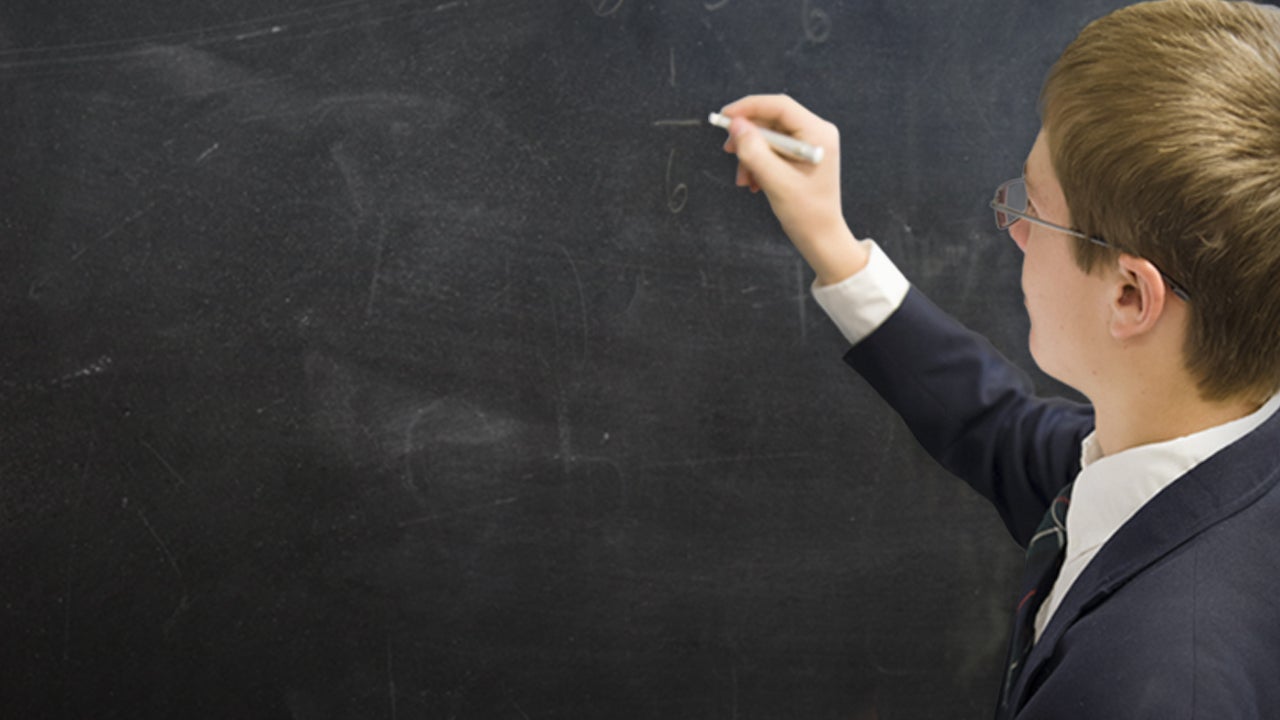
Philosophy & Religion
A Proper Understanding of K-12 Education: Theory and Practice
12 lessons
9.5h total length
Create Your Account to Get Instant Access to “A Proper Understanding of K-12 Education: Theory and Practice”
Discover the true purpose and principles of K-12 education.
Lessons in this course

32:32
lesson 1
Teaching Education at Hillsdale College
Education is one of the primary means by which human beings come to be fully human. The American Founders understood that a liberal education—which includes proper instruction in reading, writing, and arithmetic—prepares the student for self-government and is therefore essential for the maintenance and prosperity of a free society. The liberally educated soul seeks to grasp the highest things and, with the help of others, to live in light of them. This kind of education requires hard work on the part of the student and the teacher.

46:42
lesson 2
A Proper Understanding of Education
In the ongoing debates over contemporary education policy, questions regarding different conceptions of human nature are ignored or assumed to be irrelevant. However, a proper education seeks to discover what man is and what he ought to be. Human nature, properly understood, should inform education policy, which in turn makes larger societal or political goals possible to achieve.

28:51
lesson 3
The Progressive Influence on Modern Education
John Dewey, a leading Progressive thinker, sought to reform education in accordance with Progressive ideals. Some of his proposals were attempted haphazardly, and parts of his philosophy persist in education today. However, Dewey’s educational program was never fully implemented, much to his dismay.

22:44
lesson 4
Learning to Read and Write: Phonics and Handwriting
Over the course of the 20th century, phonics instruction was largely rejected and replaced with other methods. Yet, to create a skilled reader, teachers must guide their students from the decoding of single characters to comprehending complex sentences. Explicit phonics instruction is essential for achieving this educational goal.

38:21
lesson 5
Stories and the Teaching of History
Contemporary education policy often views the task of learning history as nothing more than the memorization of dates and names. As a result, Americans today have lost familiarity with some of the greatest stories of the past. In turn, they have forgotten the importance of the virtues taught therein. Teaching history through meaningful and inspiring stories reminds students and parents alike of the vital importance of such virtues for a free society.

27:36
lesson 6
The Tried and True Way to Teach Math
In addition to being used to manipulate numbers and to solve equations for practical purposes, mathematics traditionally has been viewed as a tool of reason and logic. As such, it is an essential means of preparing students for higher learning. With the rise of a Progressive approach to education, the teaching of mathematics was dumbed down, focusing only on its direct practical value. A return to the tried and true way to teach math would prepare children to understand and express great ideas.

36:33
lesson 7
Why Grammar is Essential
Since antiquity, grammar education has been viewed as foundational to the liberal arts. Consequently, grammar was taught from a young age and with great care. With the rise of Progressive education theory, grammar education largely disappeared from K-12 curricula. A return to explicit grammar instruction would restore grammar to its proper place and help to inculcate in students a love of the English language and the Western tradition.

40:07
lesson 8
The Teaching of Science and the Problem with STEM
The study of science, technology, engineering, and math (STEM) is often viewed as merely a means to the ends of gaining employment and competing with other nations in a global economy. However, science is something to be studied for its own sake. Properly taught, the study of science inculcates a sense of wonder in students and promotes scientific discovery.

37:05
lesson 9
The Importance of Literature
Contemporary education begrudgingly views literature as a subject that must be taught, and it is considered a subject of little value for college and career preparation. Literature is usually taught as a historical or cultural artifact, as a tool for reflection on culture or self, or as a means of teaching moral lessons. While these approaches are useful, the primary focus of proper literature education should be to teach the student to enter into and engage with the world of the author.

34:56
lesson 10
Why Learn Latin
The study of Latin greatly enhances a student’s understanding of the English language, more than half of which is derived from Latin roots. Learning Latin is also helpful in fields such as medicine and law, which employ numerous Latin words and phrases. In addition, the principal reason for the study of Latin is that it allows one to engage in a conversation with some of the greatest thinkers of the Western tradition.

40:15
lesson 11
The Fundamentals of Writing
Writing is a difficult subject to teach well because the process of writing is different for each writer. The teacher must understand the fundamentals of writing—logic, organization, focus, and purpose. In addition, these fundamentals must be taught properly to the student in order to develop a habit of mind that produces good writing.

37:18
lesson 12
Looking Forward
The purpose of education is to enable human beings to live fully human lives. In order to achieve this goal, students must develop the virtues of character and thinking by means of careful study and practice. Parents and teachers are the best resources for such learning.
Enroll in "A Proper Understanding of K-12 Education: Theory and Practice" by clicking the button below.
What Current Students Are Saying
Takes the student through the full context of the course subject matter. Wonderful insight into how we strayed and its consequences and offers a solution.
Create your FREE account today!
All you need to access our courses and start learning today is your email address.